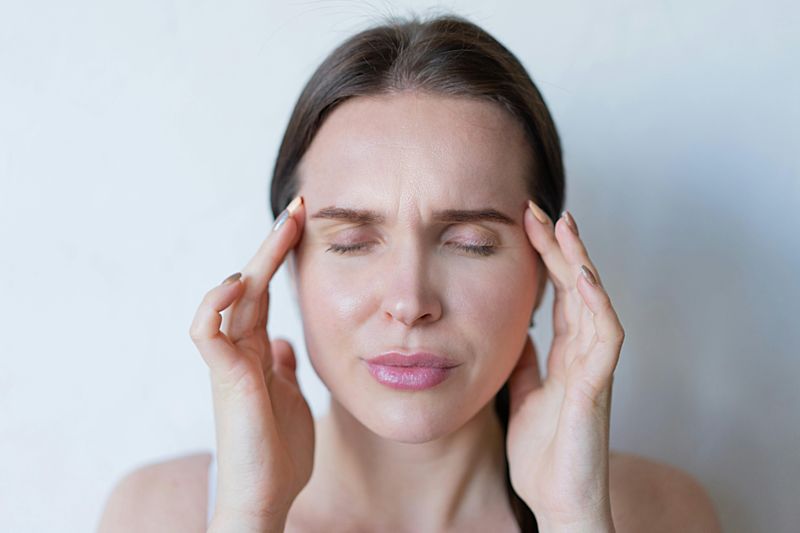5 Warning Signs Your Mental Health Is at a Breaking Point

Taking care of our mental health is just as important as looking after our physical health. Sometimes our minds can reach a breaking point when we’re under too much stress or facing difficult challenges. Recognizing the warning signs early can help us get the support we need before things get worse.
1. You Feel Constantly Overwhelmed or Numb

Life becomes a blur when your emotions swing between feeling everything too intensely or nothing at all. You might find yourself crying over small things one moment, then feeling emotionally empty the next.
Daily tasks that once seemed simple—making dinner, answering emails, or even getting out of bed—now feel impossibly difficult. The weight of responsibility crushes down, making even breathing feel like work.
Friends might notice you saying “I can’t handle this” more often, or that you seem disconnected from conversations. This emotional rollercoaster or flatline isn’t just having a bad day—it’s your mind waving a red flag.
2. Your Sleep Is Completely Disrupted

Sleep patterns don’t lie about our mental state. Maybe you’re lying awake until 3 AM with racing thoughts, or perhaps you’re sleeping 12+ hours yet still waking up exhausted.
Normal sleep disruptions last a few days, but when weeks pass with no improvement, your brain is sending distress signals. You might notice increased irritability during the day or difficulty concentrating on simple tasks.
The bedroom becomes a battlefield rather than a sanctuary. Coffee becomes your lifeline, yet no amount of caffeine fixes the bone-deep fatigue that follows you. This persistent sleep chaos directly reflects your mental health struggle.
3. You’re Experiencing Physical Symptoms Without a Clear Medical Cause

Your body speaks what your mind can’t express. Mysterious headaches pound relentlessly despite pain relievers. Your stomach churns with nausea or cramps that doctors can’t explain with tests.
Random muscle tension builds in your shoulders and jaw, creating pain that massage can’t fully release. Some people develop skin problems or find their hair falling out in clumps. Heart palpitations or chest tightness might convince you something is physically wrong.
These physical symptoms aren’t imaginary—they’re real manifestations of psychological distress. When multiple doctor visits yield no answers, consider that your body might be physically expressing what your mind is struggling to process.
4. You’re Isolating Yourself or Losing Interest in Things You Loved

Remember that weekly game night you never missed? Now the thought of socializing makes you want to hide. Text messages pile up unanswered while you convince yourself you’ll respond “later.”
Hobbies that once brought joy—painting, hiking, playing guitar—now feel pointless or too demanding. Your guitar gathers dust. Your hiking boots haven’t left the closet in months.
Family members notice your absence from gatherings, and your excuses grow more elaborate. This withdrawal isn’t about needing alone time—it’s about a deeper disconnection from life’s pleasures and relationships. When isolation becomes your default setting, your mental health is sending an urgent message.
5. You’re Relying on Unhealthy Coping Mechanisms More Often

Wine o’clock starts earlier each day. One glass becomes the whole bottle to quiet your mind. Or maybe it’s not alcohol—perhaps you’re shopping excessively, eating until uncomfortably full, or scrolling social media for hours in a zombie-like state.
The behavior follows a pattern: stress triggers, unhealthy coping choice, temporary relief, followed by shame. You promise yourself “just this once” repeatedly. Secret behaviors increase as you hide evidence of drinking, spending, or other habits from loved ones.
These coping mechanisms aren’t character flaws—they’re desperate attempts to manage overwhelming emotions. When these behaviors increase in frequency or intensity, they signal your mental health needs professional support rather than self-medication.

Comments
Loading…